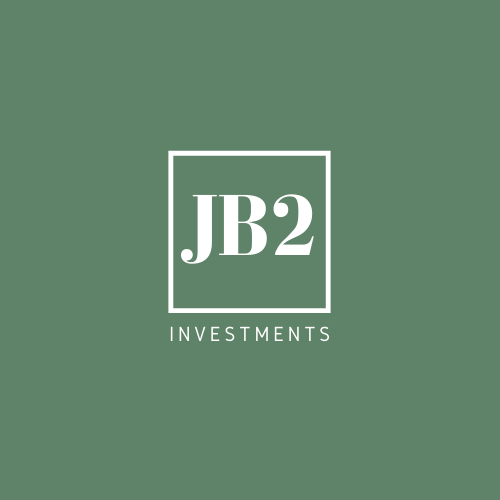Why the Property Manager is Our Most Important Partner
At JB2 Investments, we are the ones that dictate the business plan and the direction of where our business goes. However, without our property manager (PM) our plan just can’t be executed. Our property manager takes care of day-to-day operations on-site and is an integral part of our team.
Roles and Responsibilities of the Real Estate Property Manager
The first responsibility of the property manager is when taking over management after we purchase the property. They post notices of management change, make sure all tenant information is accurate in their PM software, tackle work orders, get the lay of the land, get all tenants signed for online payments, and throw a pizza party for tenants. The process of takeover and really getting situated at the property takes about 3 months.
Here is the list of the more standard responsibilities after takeover:
Collections
If tenants don’t pay posting notices, property managers need to knock on doors and communicate with tenants. In some situations, they need to start and process evictions.
Work Orders
Property managers hold the maintenance staff accountable to get work orders complete in a reasonable time period.
Groundskeeping
Property managers ensure that trash is picked up, security is in place, and that landscaping and the development community is presentable at all times.
Preventative Maintenance
Property managers keep their eye out for any preventative maintenance needs to avoid larger problems down the road.
Accounting & Budgeting
Property managers maintain concise and clear records of all income and expense on the property. Further, they make sure we are hitting our income and expense budgets and projections. Here is also where we make sure we hit our projected average rents for that time period.
Example of part of one of our monthly budgets
Leasing
Updating rental listings, preparing units for lease, showings, running applications, and doing move-ins.
Reviews
Making sure we are getting positive Google reviews, etc., about the community for prospective future tenants.
Reporting
Weekly reporting to keep track of all pertinent KPI’s.
Weekly Calls
Especially in the beginning ownership, we conduct weekly calls with our property manager. During these weekly calls, we review the weekly report that discusses delinquency, vacancy, leasing, showings, major maintenance, and renewals. See below for an example of that weekly report.
Example of Our Weekly Report
We dig deeper into anything of concern. For example, if the delinquency is too high and we are towards the end of the month, we discuss strategies to resolve the delinquency rate. Though our tenant demographic tends to pay closer to the end of the month, we still want to ensure we have a plan in place. We will discuss in detail (per tenant if necessary) and see if we need to address it with evictions or work with people. We also discuss if we have any vacancy issues, how many leads we got, where did the leads come from, showings and applications. Then we can address if need to do any other additional marketing efforts. If we have heavier turns, we will discuss that to see how to best address it. For example, does it make more sense to have our maintenance staff do the turn or should we turn to a third party for assistance? We also discuss upcoming renewals, making sure we are bringing them all close to market without doing excessive raises and driving people out.
If we have any ongoing CAPEX projects, we make sure we are moving those things along on schedule and to budget. With larger CAPEX projects, we are much more hands-on with contractors and possible 3rd party project managers.
Finally, each month we do a thorough review of the budget against actuals. If we are off on certain line items, we dig into why and how we can avoid it in the future. We will also celebrate areas that we are doing really well on. We use this as a baseline for any additional bonuses for managers doing a good job. Ultimately, we let our managers do the job and we are there to make sure to keep them accountable and keep the ball rolling in the right direction.
Proactiveness
This is one trait that is absolutely imperative for us to see in property managers. One way that they can demonstrate proactiveness is by conducting quarterly rent surveys to make sure we adjust our market rates accordingly to market movement. By doing this, they can make sure the specific unit types are at market and adjustments can be made if needed. Just because all the 1 bed, 2beds are at market doesn’t mean there isn’t room to push the studio rents.
Another good example of proactiveness centers on informing what kind of move-outs (especially if specific units are in really bad shape) we have coming. This ensures we aren’t surprised if we have high turn cost one month over another. Also, another recent issue is we had a sewer clog we had to clear, but now our property manager and plumber is looking into the issue deeper so it doesn’t become an ongoing issue. This proactiveness helps mitigate larger expenses down the road and improves the tenant experience by preventing future backups.
If the property manager is performing well in all these areas, it’s inventible that the property will perform well too. Not only well, but we will also increase our chances of beating budget and projections. This means a better return for us and our investors. It also brings with it a sense of calm and motivation that is ever improving.



